Politics
Essential Steps For Fostering Judicial Cooperation In European Politics
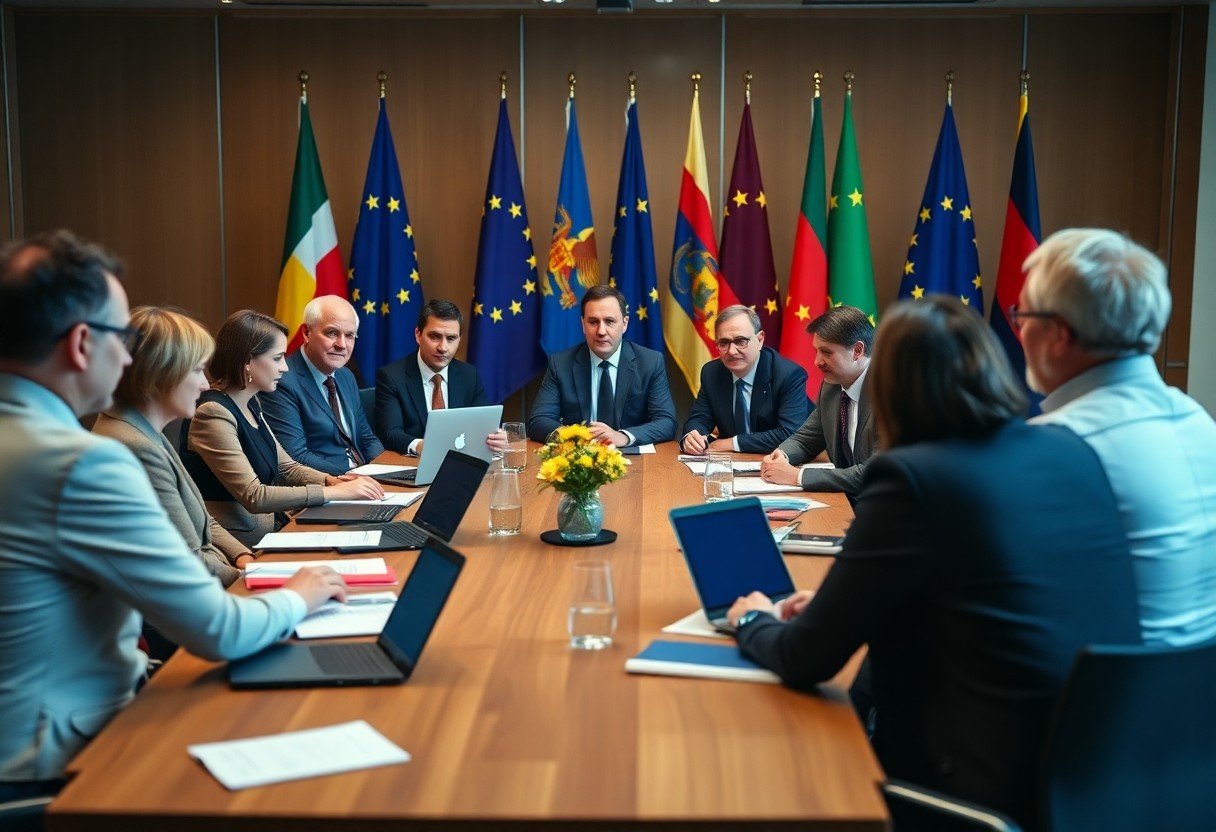
It’s vital for you to understand the importance of judicial cooperation in European politics, as it significantly impacts the rule of law and human rights across member states. By fostering connections between national judicial systems, you can help facilitate a more efficient response to cross-border legal issues and promote a unified approach to justice. This post will outline key steps to enhance collaboration among judicial authorities, ensuring that you are well-informed and capable of contributing to a more harmonious European legal landscape.
Historical Context
As you explore the intricate tapestry of judicial cooperation in European politics, it is crucial to understand the historical context that has shaped its evolution. The post-World War II era was a period of rebuilding and reconciliation, during which European nations recognised the need for collaborative legal frameworks to address transnational challenges. This understanding led to the establishment of institutions designed to facilitate mutual legal assistance and promote consistency in judicial processes across borders. Over time, these initial efforts matured into comprehensive systems that govern a wide range of legal matters, from criminal justice to civil disputes.
Evolution of Judicial Cooperation
To grasp the evolution of judicial cooperation, you must consider the significant milestones that have marked its progression. Initially focused on addressing criminal offences such as drug trafficking and human trafficking, the scope has expanded to encompass matters involving family law and commercial disputes. This evolution reflects a growing recognition of the interdependence of European states and the necessity for robust cooperative mechanisms, particularly in an increasingly interconnected world.
Key Treaties and Agreements
Above all, the framework of judicial cooperation in Europe can be traced back to several key treaties and agreements that have laid the groundwork for collaboration among member states. Noteworthy among these is the Amsterdam Treaty, signed in 1997, which integrated judicial cooperation more comprehensively into the European Union’s objectives. Following this, the Lisbon Treaty established the European Union’s commitment to enhancing judicial cooperation in civil and criminal matters, paving the way for a more cohesive approach to cross-border legal issues.
As you examine deeper into judicial cooperation, it becomes clear that these treaties not only facilitated a stronger legal framework but also underscored the importance of trust and shared values among member states. They serve as a reminder of how political will and a shared commitment to justice can overcome barriers, fostering an environment where judicial cooperation thrives. Understanding the implications of these agreements is vital for appreciating the ongoing efforts in enhancing mutual legal assistance and ensuring efficiency in legal proceedings across Europe.
Current Challenges
The landscape of judicial cooperation in European politics is fraught with complexities that hinder effective collaboration among member states. In an era where global interdependence is increasingly emphasised, the discordance among national legal systems poses significant obstacles. The ability to maintain cohesive and consistent legal frameworks across borders is imperative, yet you may observe that differences in laws can create confusion and undermine the efficacy of joint initiatives. This challenge not only impedes the smooth operation of transnational cases but also complicates the enforcement of judicial decisions, ultimately affecting the credibility of the European judicial process.
Diverging National Laws
Laws vary substantially from one European country to another, resulting in substantial hurdles to judicial cooperation. The discrepancies in criminal codes, procedural rules, and substantive laws can lead to conflicts that obstruct cooperation between European nations. You may find that the lack of standardisation complicates cross-border legal proceedings, making it difficult for judicial authorities to share information or enforce rulings effectively. As a consequence, the trust that is vital for collaborative efforts diminishes, leading to an isolationist approach where countries prefer to resolve issues within their own legal frameworks.
Political Resistance to Cooperation
With varying national interests and sovereignty concerns, political resistance to judicial cooperation is another formidable challenge in the European context. You might realise that certain governments are reluctant to yield control over their domestic legal systems, fearing that closer ties could dilute their authority or limit their capacity to legislate independently. Furthermore, political climates in some member states may actively promote nationalism and Euroscepticism, further complicating efforts aimed at fostering collaboration. This political backdrop can stifle vital discussions about reform and the sharing of best practices across borders.
Understanding the nuances of political resistance is vital for you as it highlights the need for a balanced approach that respects national sovereignty while also promoting enhanced cooperation. Sociopolitical dynamics often play a crucial role in determining a country’s willingness to engage in collaborative ventures. By fostering dialogues that address these concerns, you can cultivate a more favourable atmosphere for cooperation. Engaging stakeholders at all levels, from local communities to national leaders, can shift perceptions and build the consensus necessary to advance collective judicial initiatives across Europe.
Best Practices
While fostering judicial cooperation in European politics, it is imperative to identify and implement best practices that have yielded successful outcomes in various contexts. Engaging in multilateral dialogues and establishing frameworks that encourage collaboration among member states is vital. These frameworks should prioritise mutual understanding and respect for the rule of law while recognising the diverse legal traditions across Europe. By focusing on shared goals and outcomes, you can enhance the efficacy of judicial cooperation, ensuring that justice is administered effectively and consistently throughout the region.
Successful Models of Cooperation
Around Europe, there are numerous successful models of cooperation that can serve as inspiration for judicial collaboration. For instance, the European Arrest Warrant (EAW) demonstrates how streamlined processes can facilitate greater collaboration among member states, allowing for the swift apprehension of individuals across borders. In addition, the Schengen Information System (SIS) provides a comprehensive platform for sharing critical information on criminal activities, enabling a more cohesive approach to security and law enforcement. As you evaluate these models, consider how elements like efficiency, transparency, and inclusivity have contributed to their success and how similar strategies can be applied in your endeavours.
Role of European Institutions
Practices employed by European institutions are fundamental in promoting judicial cooperation among member states. These institutions serve as the backbone of legislative frameworks that enforce cooperation protocols while providing resources and platforms for knowledge sharing. Through structured partnerships and collaboration, institutions such as the European Commission and the European Court of Justice play a vital role in harmonising legal standards and ensuring compliance with common policies across Europe.
With a robust support system established by European institutions, you can significantly enhance the mechanisms that drive judicial cooperation. Their involvement ensures that member states adhere to agreed-upon norms and principles while fostering an environment of trust. This trust not only elevates the credibility of judicial cooperation efforts but also mitigates potential disputes, creating a safer and more cohesive European landscape for legal practices. By engaging with these institutions, you can help promote initiatives that lead to sustainable and effective judicial collaboration.
Technological Advancements
Notably, advancements in technology play a significant role in enhancing judicial cooperation within European politics. Digital tools have become imperative in streamlining processes and fostering communication among member states. You may find insights on this intersection explored in The Politics of Civil Justice under the EU’s Area of. The continuous evolution of these tools reinforces the need for adapting existing frameworks to accommodate new methodologies, ultimately leading you to a more integrated legal landscape.
Digital Tools for Enhanced Collaboration
Before exploring into specifics, it’s important to acknowledge how digital collaboration platforms facilitate immediate communication and set the groundwork for synchronous problem-solving across borders. The integration of online case management systems, central databases, and video conferencing tools allows for a more fluid exchange of information and resources. You benefit from these innovations by having access to a wider range of legal support and resources, enabling you to address cross-border issues efficiently.
Data Sharing and Privacy Concerns
Digital advancements often lead to concerns surrounding data sharing and privacy, particularly given the sensitive nature of judicial information. The interaction between various legal systems requires a trustworthy environment for data exchange, yet the potential for misuse looms large. You should be aware of the balance that must be struck between the necessity of open communication and the protection of individual rights.
Hence, as you navigate these complex issues, it’s vital to establish clear protocols that govern data-sharing practices. Strong measures must be implemented to protect personal information while ensuring that relevant data is still accessible for justice-related processes. Furthermore, adherence to regulations such as the General Data Protection Regulation (GDPR) can safeguard against potential threats and foster a secure, trustworthy environment for all involved parties. The incorporation of such standards not only helps mitigate risks but also promotes a collaborative spirit necessary for enhanced judicial cooperation across Europe.
Stakeholder Engagement
After acknowledging the significance of judicial cooperation in European politics, it’s important to engage various stakeholders who can influence and enhance the practices within this field. The Judicial cooperation – European Commission outlines the necessity for collaborative efforts to foster effective systems. Engaging with stakeholders such as national governments, civil society, and non-governmental organisations (NGOs) can significantly enhance the efficacy of judicial systems, enabling smoother cross-border legal processes and greater trust in judicial outcomes across Europe.
Involvement of National Governments
At the heart of fostering judicial cooperation lies the involvement of national governments. They play a pivotal role in implementing policies and frameworks that promote coordination among judicial bodies within their jurisdictions. By aligning national legislation with EU directives and encouraging the exchange of best practices, governments can develop a more coherent approach to justice that transcends borders. It’s important for you to recognise that such collaboration may also inspire reforms that enhance your national legal system’s efficiency and responsiveness.
Role of Civil Society and NGOs
To further enhance judicial cooperation, you must consider the invaluable contributions of civil society and NGOs. These organisations serve as a bridge between the public and government institutions, advocating for transparency, accountability, and legal reform. Their involvement in judicial processes ensures that the voices of citizens are represented, fostering a more inclusive approach to justice administration. By engaging with these entities, you can create opportunities for citizen participation, thereby strengthening public trust in judicial outcomes.
Stakeholder engagement in the form of active collaboration with civil society and NGOs is not simply beneficial but important for creating a responsive judicial system. They provide a platform for advocacy, ensuring that the legal frameworks not only meet the technical requirements but also resonate with the needs and experiences of the populace. By considering their insights and urging their involvement in discussions concerning judicial reform, you can contribute to a more balanced and effective judicial cooperation process in Europe.
Future Directions
Unlike past decades where judicial cooperation may have been viewed as supplementary to political engagement, the future of European politics is increasingly bound to these partnerships. As the complexities of cross-border issues and transnational challenges arise, it is becoming evident that you must advocate for stronger frameworks that facilitate seamless cooperation among judicial bodies. Enhanced collaboration will not only strengthen the rule of law but will also underpin democratic values across member states. Embracing this shift will be pivotal for fostering stability, promoting transparency, and ensuring accountability within your political systems.
Emerging Trends in Judicial Cooperation
Emerging from the evolving landscape of European politics is a trend towards more integrated judicial systems that embrace technological advancements. The adoption of digital tools in legal proceedings has paved the way for improved communication among judicial authorities, allowing for quicker resolutions on cross-border cases. As you observe these developments, you will see that this not only streamlines various legal processes but also enhances accessibility for individuals seeking justice across jurisdictions.
Moreover, a growing emphasis on mutual recognition of judicial decisions is fostering a climate of trust between different legal systems. This positive trend serves as a foundation for future collaborations, reducing the frictions that often accompany interstate legal matters. As you engage with these emerging trends, you may start to recognise the potential for harmonisation that could dissolve barriers and encourage greater alignment within the European judicial landscape.
Potential Reform Initiatives
Around the upcoming reforms in judicial cooperation, a significant focus is on aligning national laws with European standards. This alignment ensures that legal frameworks across member states are not just compatible but can also effectively support each other in addressing transnational crime and civil disputes. By championing initiatives that promote standardisation, you hold the key to unlocking greater efficiency and efficacy in the judicial processes that span your nations.
In addition to alignment, fostering educational programmes aimed at enhancing understanding among judicial personnel about different legal systems will promote more effective collaboration. Facilitating regular exchanges, seminars, and workshops for judges and legal professionals can create a shared knowledge base that strengthens the ties between your jurisdictions. With a commitment to continuous learning and adaptation, you can play an necessary role in driving these potential reform initiatives, nurturing an environment where cooperation thrives and legal empowerment is paramount. This proactive approach could lead to sustainable change, ultimately benefiting those who rely on your judicial systems for fair and just resolutions.
To wrap up
As a reminder, fostering judicial cooperation in European politics involves a multifaceted approach that requires your active engagement in various crucial steps. By promoting mutual trust among member states, enhancing communication channels, and refining legal frameworks, you can contribute to an environment conducive to cooperation. Additionally, understanding the diverse judicial systems and respecting the principles of each legal tradition are vital for your success in achieving seamless collaboration across borders.
Furthermore, your commitment to continuous training and education on European legal standards will empower you to navigate complexities with ease. Engaging in dialogues and sharing best practices with peers can also enhance your ability to address the challenges posed by differing judicial systems. By adopting these strategies, you will play a significant role in strengthening the fabric of judicial cooperation, ultimately benefiting the European political landscape.
FAQ
Q: What are the primary goals of fostering judicial cooperation in European politics?
A: The primary goals include enhancing mutual trust among Member States, ensuring effective judicial processes across borders, facilitating the exchange of information and resources, and improving the overall integrity and efficiency of the legal systems within Europe. By promoting harmonised legal standards and practices, European countries aim to create a more cohesive and unified approach to justice.
Q: How does judicial cooperation impact the protection of human rights in Europe?
A: Judicial cooperation plays a significant role in protecting human rights by ensuring that legal systems are equipped to uphold fundamental rights consistently across Member States. It facilitates the implementation of European human rights standards and allows for collaborative efforts in addressing violations. By working together, countries can provide better protection for individuals facing injustices and ensure accountability for human rights abuses.
Q: What mechanisms exist for facilitating judicial cooperation in the European Union?
A: Several mechanisms exist, including frameworks like the European Arrest Warrant, the European Investigation Order, and Eurojust, which coordinates judicial cooperation among Member States. These frameworks provide legal instruments that streamline cross-border legal processes, enhance collaboration between judicial authorities, and ensure swift action in criminal matters.
Q: What challenges does Europe face in achieving effective judicial cooperation?
A: Challenges include differing national laws and legal practices, language barriers, varying interpretations of legal rights, and political differences among Member States. Additionally, issues related to sovereignty and the willingness of countries to cooperate can hinder progress. Addressing these challenges requires ongoing dialogue, negotiation, and efforts to harmonise legal systems.
Q: How can technology be leveraged to enhance judicial cooperation in Europe?
A: Technology can significantly enhance judicial cooperation by streamlining communication and information sharing among Member States. Tools such as secure data exchange platforms, case management systems, and online legal databases can facilitate faster access to legal resources and documentation. Innovations in artificial intelligence and data analytics can also support judicial authorities in decision-making and case management, ultimately promoting more efficient cooperation.
Politics
EU simplifies single market to boost business and opportunities for all
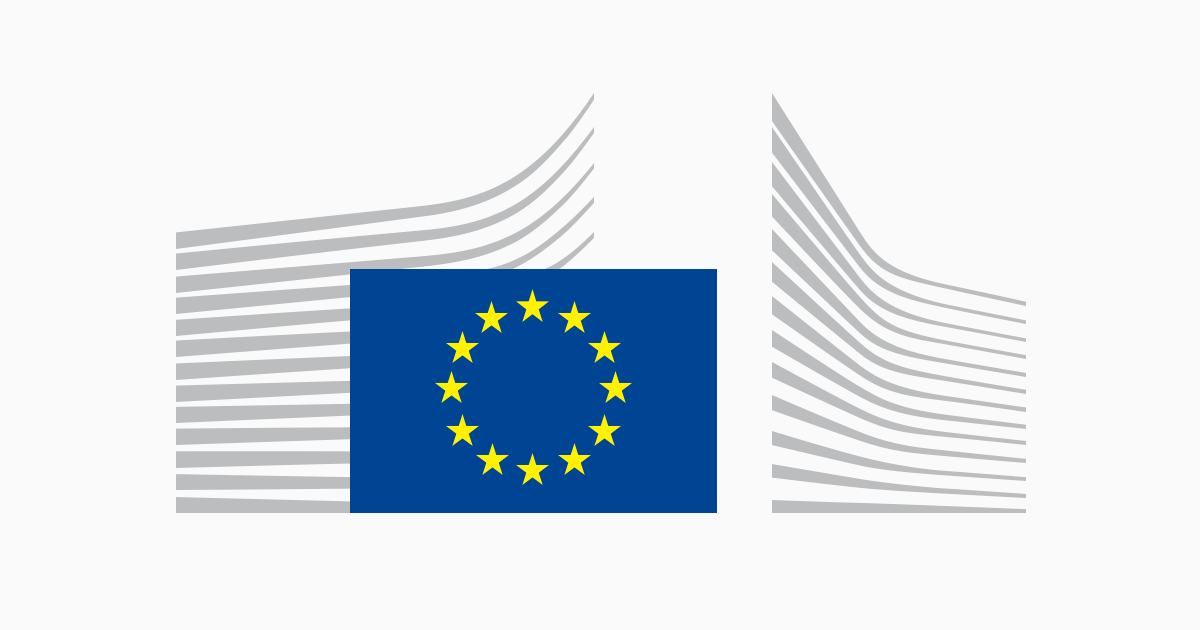

© FRVS+MPCP 2022. The European Times® News is registered as an EU Trademark. All rights reserved. The European Times® and the logo of The European Times® are EU trademarks registered by FRVS+MPCP.
Members/Partners of

About Us
Popular Category
DISCLAIMER OPINIONS: The opinions of the authors or reproduced in the articles are the ones of those stating them and it is their own responsibility. Should you find any incorrections you can always contact the newsdesk to seek a correction or right of replay.
DISCLAIMER TRANSLATIONS: All articles in this site are published in English. The translated versions are done through an automated process known as neural translations. If in doubt, always refer to the original article. Thank you for understanding.
DISCLAIMER PHOTOS: We mostly used photos images that are readily available online, from free sources, or from the people promoting the news. If by any chance it happens that we have used one of your copyrighted photos, please do not hesitate to contact us and we will take it down without question. We do not make profits as this is a not for profit project to give voice to the voiceless while giving them a platform to be informed also of general news, and it is completely free.
Editor Picks
Politics
EU pledges €2.3 billion at European Humanitarian Forum 2025
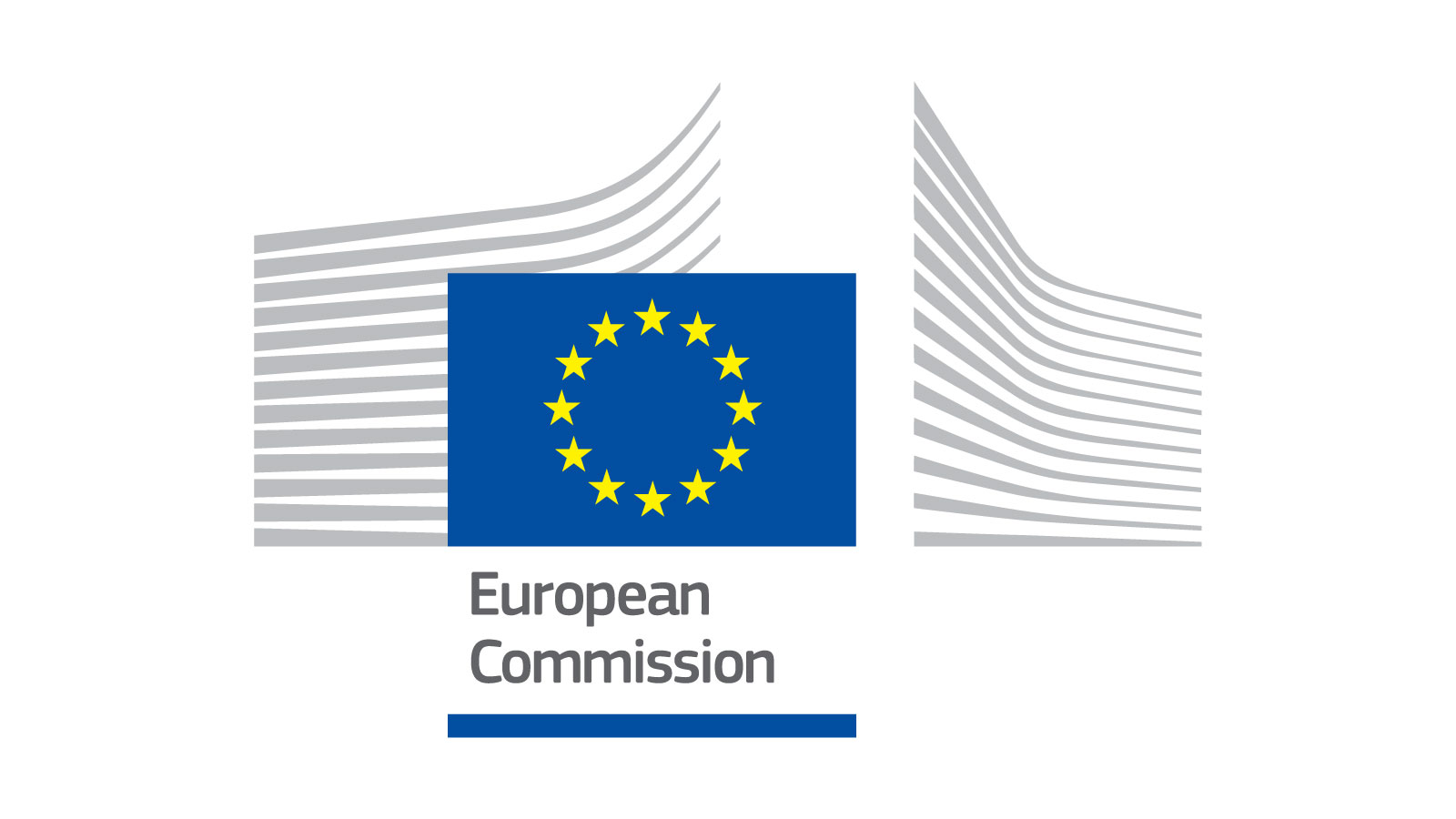
DISCLAIMER OPINIONS: The opinions of the authors or reproduced in the articles are the ones of those stating them and it is their own responsibility. Should you find any incorrections you can always contact the newsdesk to seek a correction or right of replay.
DISCLAIMER TRANSLATIONS: All articles in this site are published in English. The translated versions are done through an automated process known as neural translations. If in doubt, always refer to the original article. Thank you for understanding.
DISCLAIMER PHOTOS: We mostly used photos images that are readily available online, from free sources, or from the people promoting the news. If by any chance it happens that we have used one of your copyrighted photos, please do not hesitate to contact us and we will take it down without question. We do not make profits as this is a not for profit project to give voice to the voiceless while giving them a platform to be informed also of general news, and it is completely free.
Politics
Syria: Council statement on the lifting of EU economic sanctions
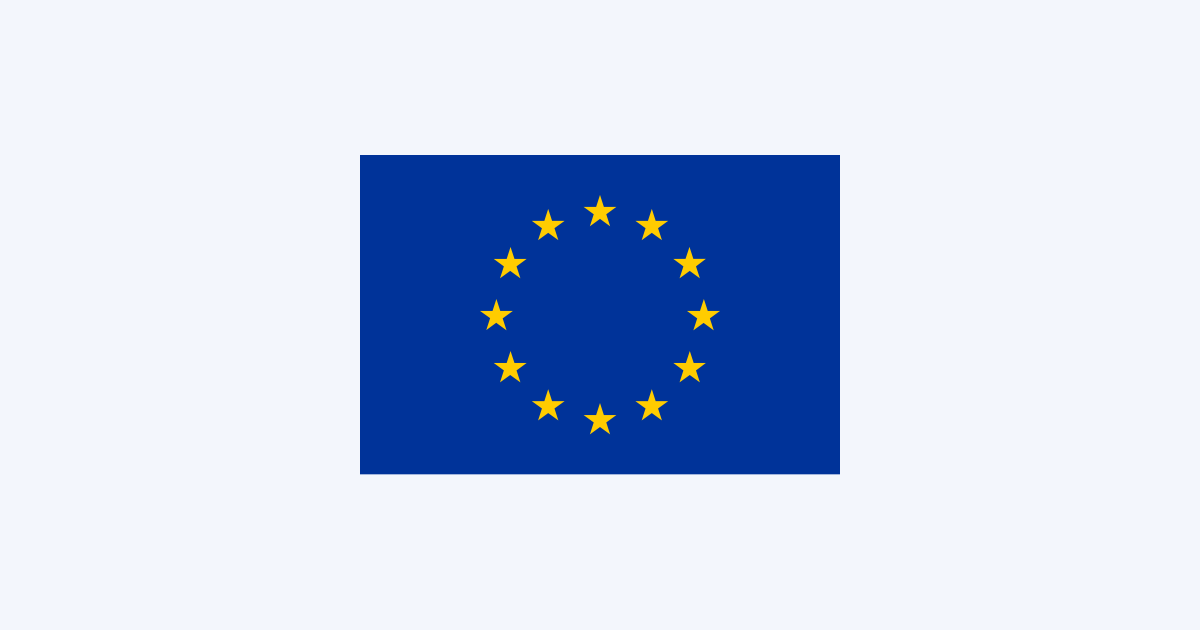
DISCLAIMER OPINIONS: The opinions of the authors or reproduced in the articles are the ones of those stating them and it is their own responsibility. Should you find any incorrections you can always contact the newsdesk to seek a correction or right of replay.
DISCLAIMER TRANSLATIONS: All articles in this site are published in English. The translated versions are done through an automated process known as neural translations. If in doubt, always refer to the original article. Thank you for understanding.
DISCLAIMER PHOTOS: We mostly used photos images that are readily available online, from free sources, or from the people promoting the news. If by any chance it happens that we have used one of your copyrighted photos, please do not hesitate to contact us and we will take it down without question. We do not make profits as this is a not for profit project to give voice to the voiceless while giving them a platform to be informed also of general news, and it is completely free.
-

 EU & the World5 days ago
EU & the World5 days agoChris Brown Tour 2025: Updates on Concert Dates, Cities, Ticket Prices & More
-

 EU & the World6 days ago
EU & the World6 days agoWho Is Ben Cohen? About the Ben & Jerry’s Co-Founder Who Was Arrested During Senate Hearing
-

 EU & the World4 days ago
EU & the World4 days agoJosh Freese: 5 Things to Know About the Former Foo Fighters Drummer
-

 EU & the World6 days ago
EU & the World6 days agoChris Brown’s Net Worth: How Much Money He Makes Now
-

 Sports3 days ago
Sports3 days agoJannik Sinner doesn’t lose his smile: his message blows the Rome audience away
-
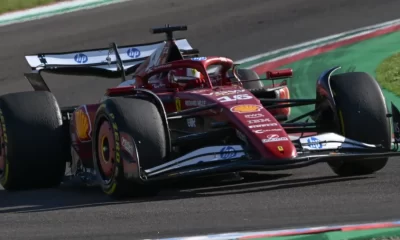
 Sports5 days ago
Sports5 days agoFerrari, opposing views after first day at Imola for Charles Leclerc and Lewis Hamilton
-

 Entertainment5 days ago
Entertainment5 days agoEurovision 2025: Music, Politics, and the Final 26 Set Amid Controversy and Spectacle
-

 EU & the World3 days ago
EU & the World3 days agoWhat Time Does ‘The Last of Us’ Air? When to Watch Season 2 Episodes








